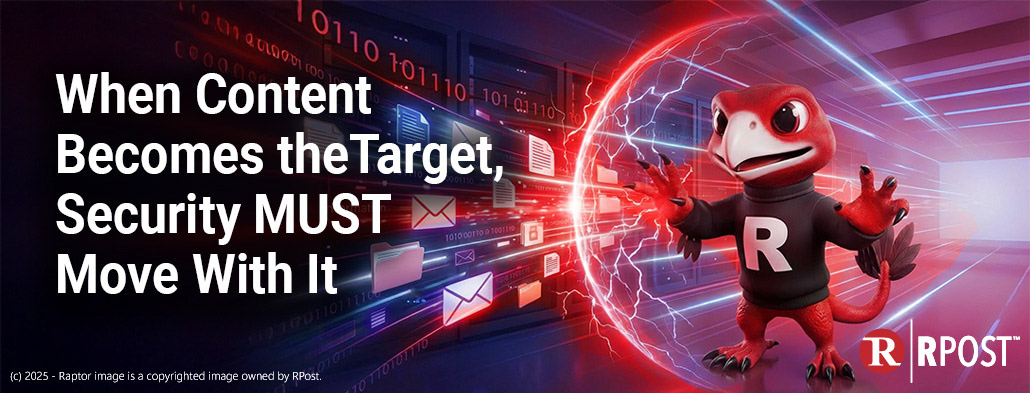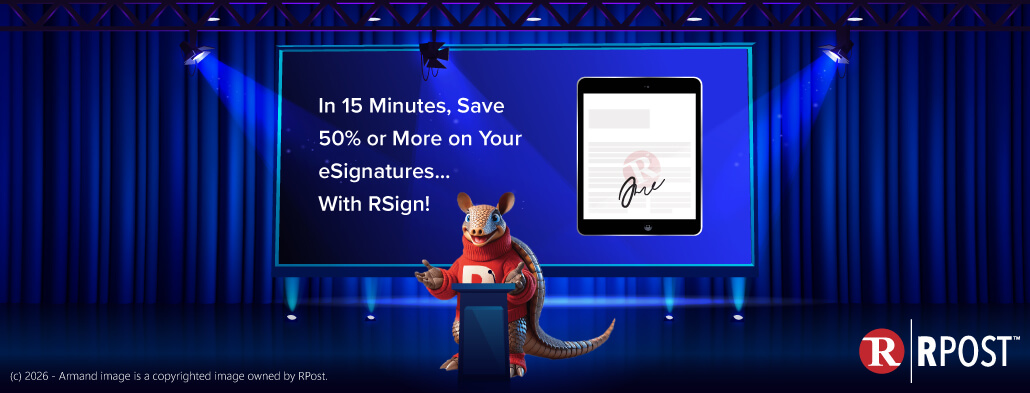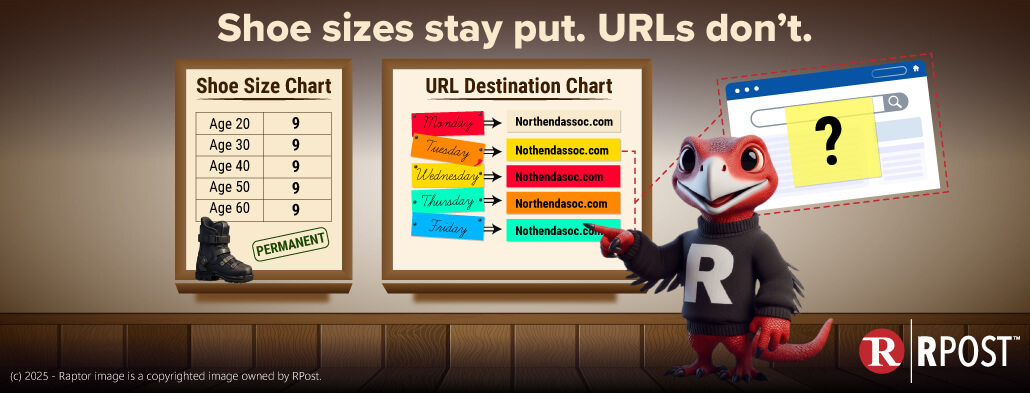Next week marks the last official week of summer vacation. It is likely also the beginning of your “back to work” business travel. Business travellers should note these specific precautions when conducting business transactions from the road, especially if you are likely to be more focused on the speed of getting things done rather than […]
A hacking group called Shadow Brokers has reportedly stolen powerful hacking tools from the Equation Group, a hacking group believed to be NSA-backed and responsible for many of the largest state-level hacks in history. On Saturday, Shadow Brokers released a subset of these tools to the public, which several former employees of the NSA’s hacking division, known as […]
Does your news feed closely resemble the plot of a Russian spy novel? It certainly might if you’ve been following the recent drama and mudslinging between the Democrats, the Russian government, the FBI, and the CIA, following the public release of private DNC emails. And that’s before the warnings of an “October Surprise” promised by […]
With the recent media focus on cybersecurity, whether it is talk of Russian hackers scheming to influence US presidential elections or “Brexit” votes, or the pervasive pressure to comply with HIPAA (healthcare privacy regulations) or other consumer data privacy requirements, “encryption” is one of the solutions that is often introduced.
…and does it change the result? Who is responsible for the recent Democratic National Committee (“DNC”) hack and resulting emails published on WikiLeaks? Russian hackers are suspected and the FBI is investigating, but Russia adamantly denies involvement. The hackers could be from the same group who stole DNC’s oppositional research about Republican Presidential nominee Donald Trump in […]

January 16, 2026

January 09, 2026

January 05, 2026

December 26, 2025

December 19, 2025